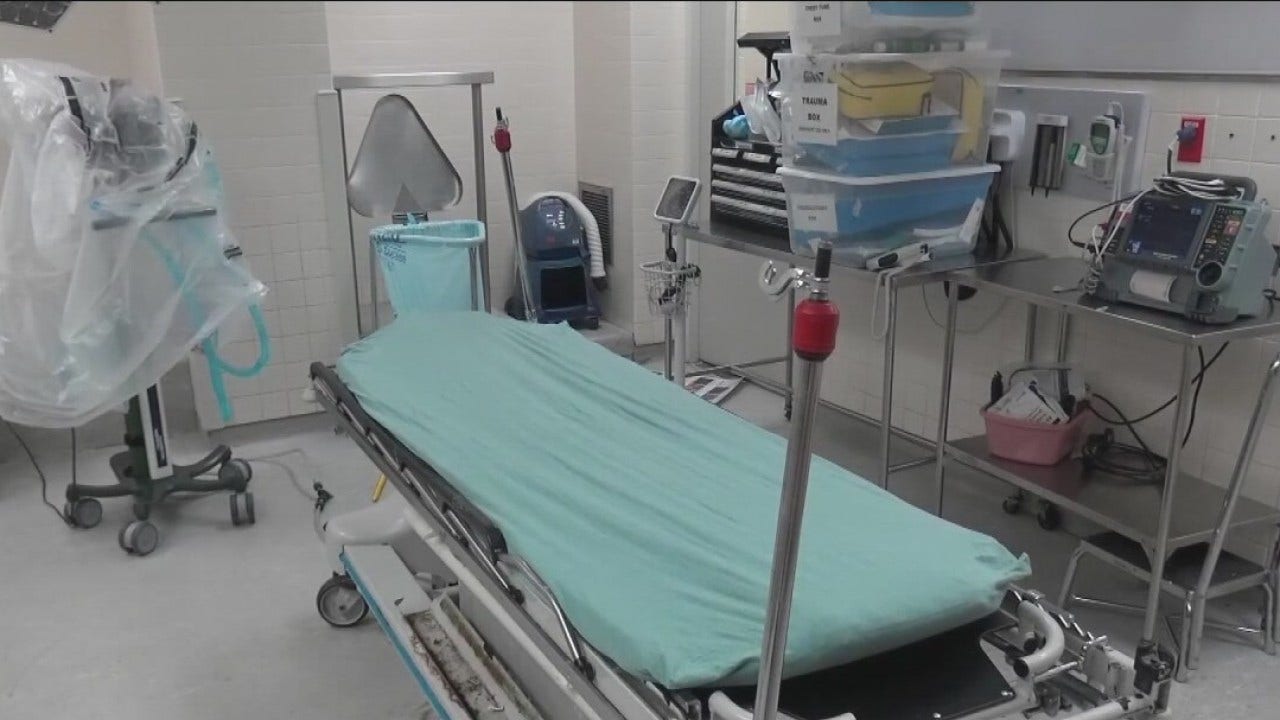URGENT UPDATE: Millions of Texans are on the brink of facing skyrocketing health insurance premiums as enhanced Affordable Care Act (ACA) tax credits are set to expire by mid-December. Without congressional action, the state’s already high uninsured rate, currently at 17%, is expected to surge, leaving many without access to essential healthcare services.
Authorities confirm that the expiration of these crucial subsidies could lead to an alarming 27% increase in Texas’s uninsured population. Health care leaders warn that this could have devastating effects, particularly for small business owners, gig workers, and residents in rural areas who rely on affordable coverage.
Annie Spilman, executive director of Texans for Affordable Healthcare, emphasized the urgency, stating, “Texas is going to be hit the hardest out of any other state. We’ve truly had a healthcare cost crisis.” The state has opted for a private-market approach rather than expanding Medicaid, significantly impacting the availability of affordable health insurance.
According to research from Texas A&M University, as many as 1.45 million Texans could drop their marketplace plans if the subsidies are not extended. This drastic change is linked to an expected average increase of 115% in out-of-pocket premiums, which will further limit access to necessary care.
Local health care leaders are sounding the alarm. “If hospitals have a harder time staying open, we see different types of services might not be offered any longer,” said Laura Dague, a health policy professor at Texas A&M. She warned that the loss of subsidies will exacerbate existing healthcare access issues in the state.
Currently, nearly 4 million Texans are enrolled in marketplace plans, with 1 in 6 nationwide being from Texas, and 95% of them receiving federal subsidies. The expiration of these credits could lead to small businesses shutting down and a rise in unhealthy individuals unable to work.
Carrie Kroll, vice president of advocacy and public policy for the Texas Hospital Association, noted that the increased costs will not only burden hospitals but will also trickle down to everyone else. “It increases the cost of providing care,” she stated.
The urgency of this situation cannot be overstated. If Congress fails to act by mid-December, many Texans will face an uncertain future regarding their health coverage. Community hospitals may be forced to cut services or even close their doors, further diminishing healthcare access across the state.
As the government is now reopened, Republican lawmakers have promised to vote on the future of these tax credits. The clock is ticking, and Texas residents are left watching closely to see if their healthcare options will remain viable.
For those concerned about their premiums, a detailed calculator is available to project how costs may rise: click here.
This is a developing story, and updates will follow as Congress moves forward with discussions on these critical tax credits.







